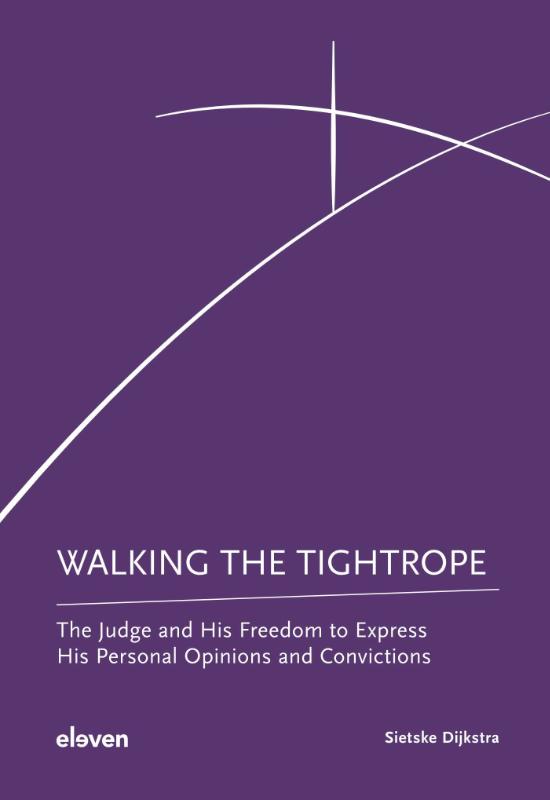
The Judge and His Freedom to Express His Personal Opinions and Convictions

The Judge and His Freedom to Express His Personal Opinions and Convictions
The judge is the holder of a state office in the rule of law. At the same time s/he is an individual with opinions, convictions and preferences. When the judge speaks, it may not always be clear to the outside world who is talking: the state or the individual.
Geen levertijd
The judge is the holder of a state office in the rule of law. At the same time s/he is an individual with opinions, convictions and preferences. When the judge speaks, it may not always be clear to the outside world who is talking: the state or the individual. An opinion expressed by a judge may also rub off on the judicial office and, vice versa, the power and authority of the judicial office may reflect on the judge’s opinions, giving them special weight. It makes the judge’s speech into a complicated subject.
The democratic backsliding events in Europe, that have put pressure on judicial independence and individual freedom, have also made this a highly topical subject.
Walking the Tightrope discusses the question where the limits of the freedom of the European judges lie to express their opinions. It includes a study of the case law of Article 10 of the European Convention of Human Rights, the soft law on the judiciary and judicial conduct, and a reflection from different ethical theories. This multiperspective approach has resulted in a comprehensive discussion that challenges readers to form their own opinions on the subject.
This book is meant for judges, public prosecutors, scientists, policymakers and others who are interested in the judge and his or her rights and ethics.